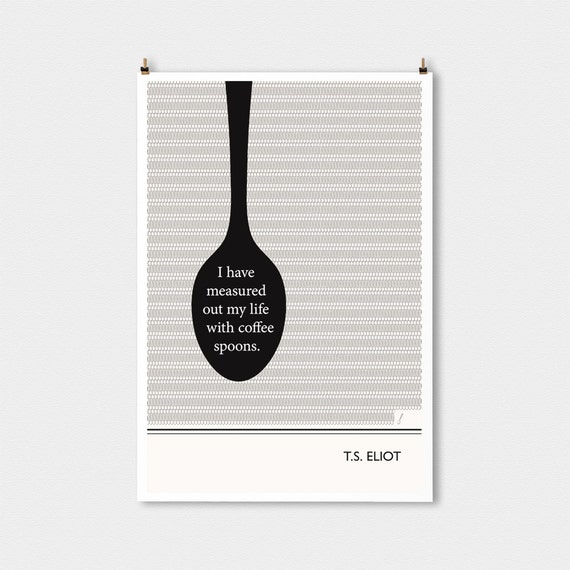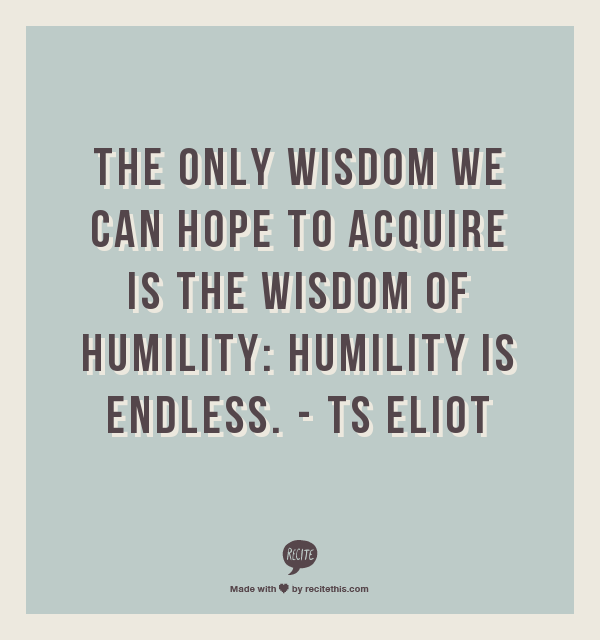"A desk is a dangerous place from which to view the world."
- John le Carre
I agree. But it's my view right now.
And some days feel (to borrow John Green's phrasing) "existentially fraught."
Well, most of you know that.
I've talked with you. Texted you.
You've read my ranty blog posts.
I keep saying this, but the problem isn't my job, per se.
I enjoy most of what I get to do and the people I work with.
I'm even saddened by the realization that, at so young an age, this is probably the best boss I'll ever work for. Ok, sounding hopeful, at least top 3.
This job is empowering and is teaching me a lot.
And provides a rather beautiful paycheck.
So when I rant... it's not because I want to switch jobs.
I am restless and wrestling right now.
I don't know who I want to be when I grow up.
I'm going to be 23 this month.
Yes, young. I know.
Several have asked me lately,
"How old are you?
...Only 22.
Well, you've got lots of time."
Yes. I do.
But I don't want to waste any of it.
And there has to be more than this.
More than rushing to work
(Wo)manning a desk
Relying on Starbucks
Waiting for the weekend
Checking fb, twitter, insta, blogs for something inspirational
Constantly eating on-the-go
Crossing off to-do lists
Filling out "adulthood" forms
Filling out stupid-*@$%-car-accident forms
Maybe reading a little, watching a little
Doing laundry (if I'm lucky)
And checking on virtual life once more before bed
I mean, yesterday, I seriously had instant oatmeal out of a paper cup for breakfast.
Lameness has become a frequent guest :/
And I know I seem moody because I'm all "check out my fabulous weekend..."
"Here's a morsel in this stimuli-overload, inspiration-starved world..."
"You wouldn't believe this funny story..."
But a large part of my life is spent here. With a view from the desk.
And sometimes I think I'm going cuckoo
Scratch that... am cuckoo.
I identify so much with my good friend, Prufrock.
Do I dare
Disturb the universe?
In a minute, there is time
For decisions and revisions which a minute will reverse.
For I have known them all already, known them all:
Have known the evenings, mornings, afternoons,
I have measured out my life with coffee spoons...
Although it's pumps of chai, not coffee spoons, in my case.
But still... what is this modern life?
And why does everything inside me anxiously wrestle against it?
One of my selves (yes, I'm totally schizo... and so am I) tries to shush the other selves,
"Samara, you're too dramatic.
Bob's out this week so it's just quiet.
LBD is over and you're missing your fiction-fix.
You should just eat better, exercise better, sleep better.
Samara, be grateful!!"
Yes. Yes, those are probably all true.
And yet.
I know that God is in the tedious and monday-ne (I made a word!).
I know that He is teaching me, like Jacob, through wrestling.
Teaching me that I can rely only on Him.
For peace. For provision. For sanity.
For love.
I know those things. I am learning those things.
But I have dared to listen to a distant call.
One that thrills as it terrifies.
One that challenges everything comfortable and calculated.
And it isn't specific. I can't make out the call.
But I'm daring to incline my ear.
Because I don't know who or what or where I was made for.
But I know I have yet to arrive.




























